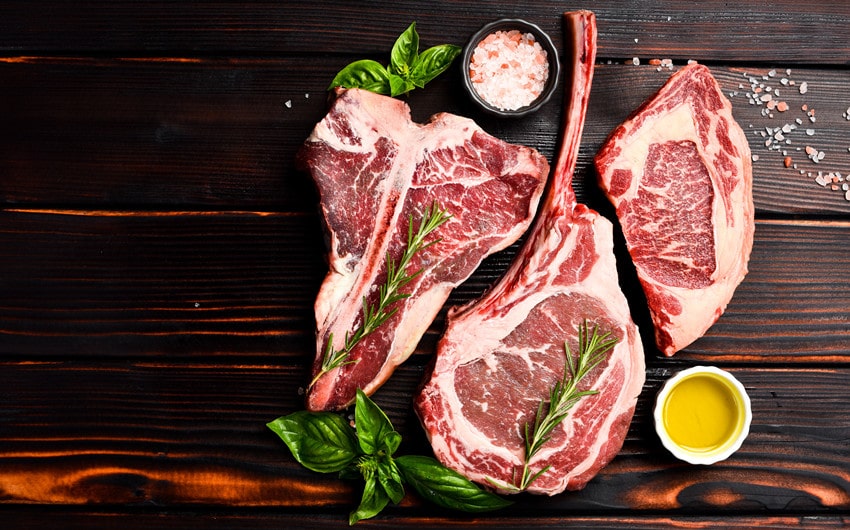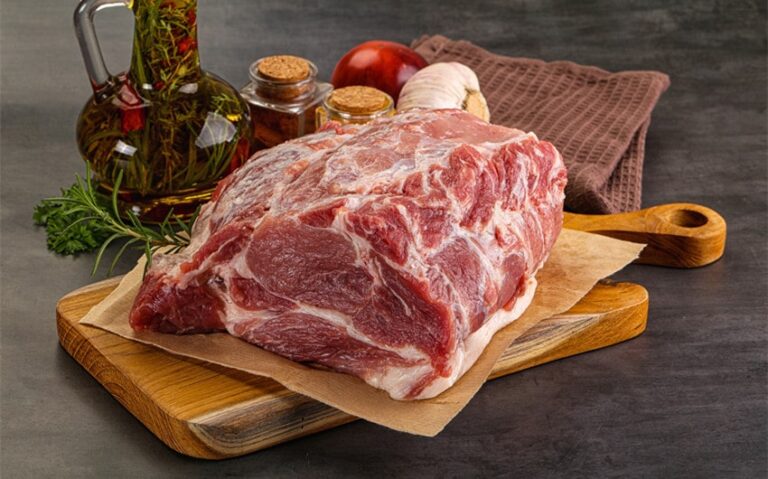8 Logical and Clear Reasons Not to Eat Meat
For many people, meat is a regular part of everyday meals—but that doesn’t mean it’s always the best choice. Whether you’ve been curious about plant-based living or simply want to make more informed food decisions, exploring the reasons not to eat meat can be a great place to start.
From health concerns to environmental impact and animal welfare, there are several compelling arguments that go beyond just diet trends. This article breaks down those reasons in a clear, practical way—so you can decide what works best for your body, your values, and the world around you.
1. Health Risks Associated with Meat Consumption
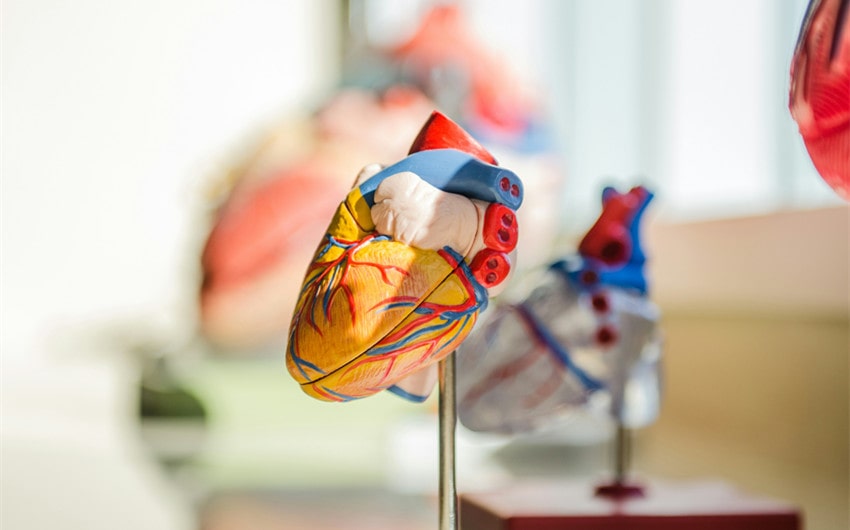
One of the most widely discussed reasons to reduce or avoid meat is its connection to chronic health conditions. Scientific research has shown that diets high in red and processed meats are associated with a greater risk of heart disease, type 2 diabetes, stroke, and certain cancers. These risks aren’t just theoretical—they’re backed by decades of large-scale studies and health guidelines from respected organizations like the World Health Organization (WHO) and the American Heart Association.
Many cuts of meat—especially beef, lamb, and pork—are high in saturated fat and cholesterol, both of which can raise levels of LDL (“bad”) cholesterol in the bloodstream. Over time, this can contribute to atherosclerosis, a condition where arteries harden and narrow, increasing the risk of heart attacks and strokes.
Meat-heavy diets can also contribute to inflammation, particularly when processed meats are involved. Chronic inflammation is now recognized as a root factor in a range of diseases, including arthritis, metabolic syndrome, and even Alzheimer’s.
Beyond cardiovascular issues, consuming excessive meat—especially when it’s fried, charred, or heavily processed—has also been linked to oxidative stress, which can damage cells and accelerate aging. On the other hand, people who follow plant-based or meat-reduced diets tend to have lower blood pressure, healthier body weight, and a reduced risk of chronic disease.
2. Meat and Cancer Risk
The link between meat consumption and cancer has been firmly established in scientific research—particularly when it comes to processed and red meats. In 2015, the World Health Organization (WHO) classified processed meat (such as bacon, sausages, and ham) as a Group 1 carcinogen, meaning there’s strong evidence it causes cancer in humans. Red meat, including beef, pork, and lamb, was classified as Group 2A, meaning it is probably carcinogenic.
One of the most well-known associations is with colorectal cancer, but some studies have also suggested links to pancreatic and prostate cancer. The risks are thought to come from several factors. Nitrates and nitrites, used to preserve and flavor processed meats, can form N-nitroso compounds in the body—known to damage cells and DNA. Additionally, heme iron found in red meat may contribute to oxidative stress in the gut.
Cooking methods matter, too. Grilling, frying, or charring meat at high temperatures can create carcinogenic compounds like heterocyclic amines (HCAs) and polycyclic aromatic hydrocarbons (PAHs), which have been shown to cause cancer in animal studies.
While occasional meat consumption isn’t likely to cause harm, frequent intake—especially of processed varieties—can significantly increase long-term cancer risk. Reducing meat or cutting it out altogether is a proactive way to support cancer prevention through diet.
3. Ethical Concerns Around Animal Welfare
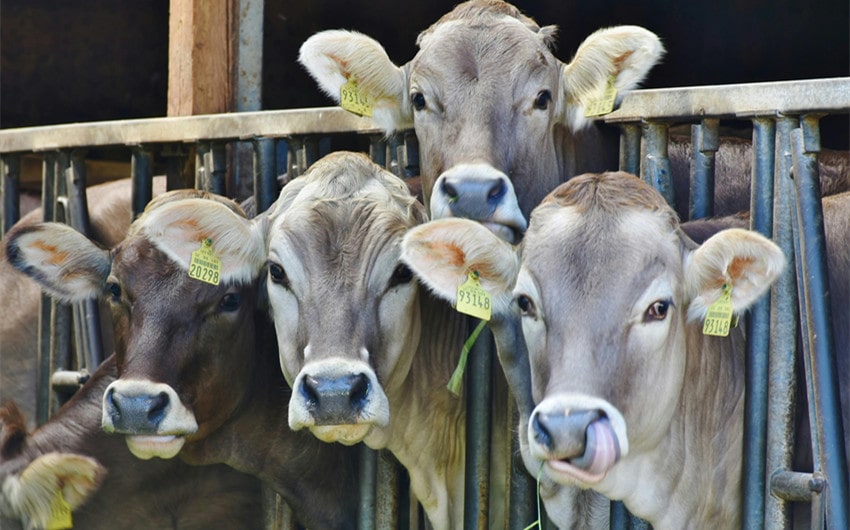
Beyond health, many people choose not to eat meat because of ethical concerns surrounding how animals are treated in the meat industry. Industrial animal farming, also known as factory farming, often prioritizes efficiency and profit over the well-being of animals, leading to widespread issues with animal cruelty and neglect.
Animals raised for meat—such as cows, pigs, and chickens—are frequently kept in confined, overcrowded conditions with limited access to natural light, space to move, or opportunities to express natural behaviors. Practices like tail docking, debeaking, and early weaning are common and can cause pain, stress, and long-term suffering.
In many factory farms, animals are treated as production units rather than sentient beings, despite scientific recognition that they experience pain, fear, and emotional distress. The transport and slaughter processes can also be highly stressful, with little regard for the animal’s comfort or mental state.
Even meat labeled as “humane” or “free-range” may not guarantee truly ethical treatment, as regulations vary and are often loosely enforced. For those who care about compassion, empathy, or living in alignment with animal rights, choosing a meat-free lifestyle is one of the most powerful ways to reduce animal suffering.
4. Environmental Impact of Meat Production
The environmental cost of meat production is one of the most urgent and well-documented reasons to reconsider eating meat. From start to finish, raising animals for food—especially on an industrial scale—places a heavy burden on the planet. According to the United Nations Food and Agriculture Organization, the livestock sector is responsible for nearly 15% of global greenhouse gas emissions, rivaling the entire transportation industry.
Cows in particular produce large amounts of methane, a potent greenhouse gas that traps heat far more effectively than carbon dioxide. Meanwhile, forests are often cleared to create pastureland or grow crops for animal feed, leading to deforestation, biodiversity loss, and disruption of ecosystems—especially in places like the Amazon rainforest.
Water usage is another major concern. Producing just one pound of beef can require over 1,800 gallons of water, far more than is needed for plant-based proteins like beans or lentils. Additionally, concentrated animal feeding operations (CAFOs) generate massive amounts of manure and waste, which can leach into soil and waterways, contributing to pollution, dead zones, and health hazards in nearby communities.
Switching to a plant-based or low-meat diet is one of the most impactful personal choices you can make to reduce your environmental footprint. It conserves resources, cuts emissions, and supports a more sustainable food future.
5. Antibiotics and Hormones in Animal Agriculture
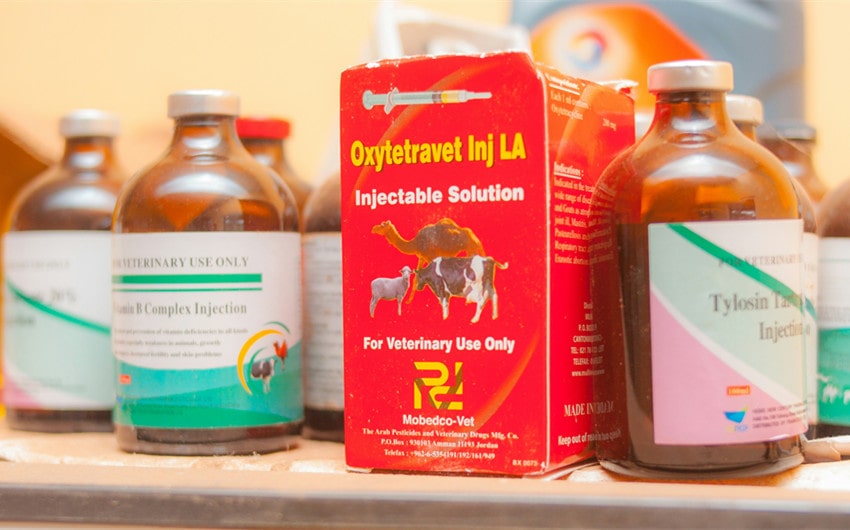
Modern meat production relies heavily on the use of antibiotics and growth hormones—not just to treat illness, but to promote faster growth and prevent disease in crowded, often unsanitary living conditions. This practice raises serious health concerns that extend far beyond the farm.
Overuse of antibiotics in livestock is a leading cause of antibiotic resistance, a global health crisis recognized by the World Health Organization (WHO) and Centers for Disease Control and Prevention (CDC). Resistant bacteria that develop on farms can spread to humans through contaminated meat, direct contact, or the environment, making common infections harder—or sometimes impossible—to treat.
In addition to antibiotics, some meat—particularly in countries like the U.S.—comes from animals treated with growth hormones to speed up development. While these practices may improve efficiency for producers, they’ve sparked concerns about potential hormone residues in meat and their effects on human health, particularly in children and hormone-sensitive individuals.
For consumers who want to minimize exposure to drug-resistant bacteria, hormonal imbalances, and unnecessary additives, avoiding or limiting meat—especially conventional or non-organic products—is a science-supported precaution.
6. Zoonotic Disease and Food Safety Risks
Meat consumption carries inherent food safety and public health risks, particularly due to the potential for zoonotic diseases—illnesses that are transmitted from animals to humans. Historically, several major outbreaks have been linked to animal agriculture, including swine flu (H1N1), avian influenza, and mad cow disease (BSE). These illnesses have caused significant global concern and revealed how industrial farming practices can contribute to the spread of dangerous pathogens.
In crowded factory farm environments, animals are kept in close quarters under stressful conditions, making it easier for diseases to spread and mutate. The risk of these diseases jumping to humans—especially when combined with antibiotic overuse—poses an ongoing threat to global health security.
Beyond zoonotic diseases, there are also routine foodborne illness risks associated with meat, including contamination with Salmonella, E. coli, and Listeria. Improper handling or undercooking can lead to serious gastrointestinal illness and, in severe cases, hospitalization or death—particularly in children, older adults, and people with compromised immune systems.
Opting for a plant-based diet can reduce exposure to these risks and support a safer food system overall.
7. Plant-Based Diets Are Nutritionally Complete

One of the most common concerns about giving up meat is whether a person can still get all the nutrients they need. Fortunately, the answer is a confident yes. Well-planned plant-based diets are not only nutritionally adequate—they’re also linked to a lower risk of chronic diseases and improved overall health outcomes.
According to the Academy of Nutrition and Dietetics, vegetarian and vegan diets can provide all the essential nutrients, including protein, iron, calcium, omega-3s, zinc, and vitamin B12 (with fortified foods or supplements as needed). Plant-based eaters often have lower cholesterol levels, healthier body weights, better digestion, and reduced rates of heart disease, high blood pressure, and type 2 diabetes.
Many world-class athletes, doctors, and nutrition experts now follow or recommend plant-based eating—not as a compromise, but as an optimal approach to fueling the body. With a variety of vegetables, grains, legumes, nuts, seeds, and fortified foods available, meeting your nutritional needs without meat is entirely achievable—and often more beneficial.
8. Meat Is Not Necessary for Protein
The idea that meat is the only “real” source of protein is one of the most persistent nutrition myths—but it’s simply not true. Plants are rich in protein, and when eaten in variety and sufficient quantity, they can fully meet your body’s protein needs without the drawbacks of saturated fat and cholesterol found in many meat products.
Common plant-based protein sources include lentils, beans, chickpeas, tofu, tempeh, edamame, quinoa, nuts, seeds, and whole grains. Even vegetables like broccoli, spinach, and peas contain protein. When these foods are included throughout the day, they easily provide the recommended daily intake for most people.
Plant-based proteins also come packed with fiber, antioxidants, and essential micronutrients that are often lacking in meat-based meals. Unlike red and processed meats, they don’t carry added risks like cancer or heart disease—and they’re better for digestion and long-term health.
Whether you’re an athlete, a busy parent, or someone just trying to eat better, know this: you don’t need meat to get strong, stay healthy, or feel full.

